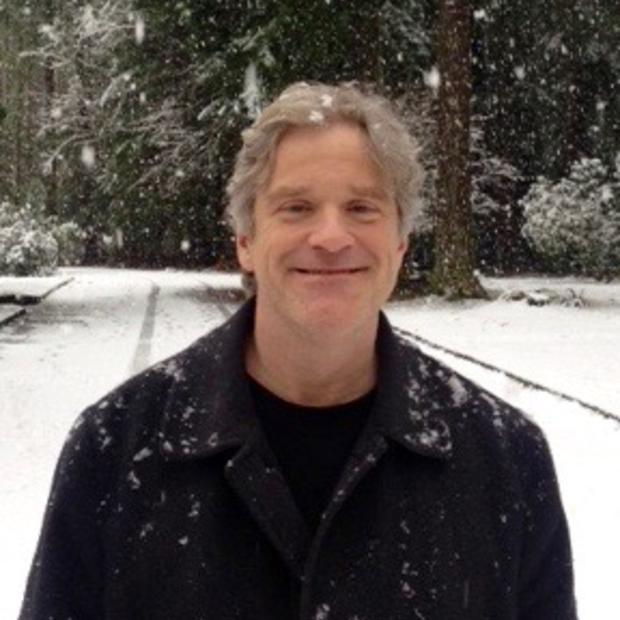There was a time, thankfully long, long ago, when Fidel Castro was the rage.
On Nov. 16, 1961, while speaking at the University of Washington's centennial convocation, President Kennedy was greeted by student protesters waving signs that read, "No more sugar trust invasions" and "Fair play for Cuba" (for a detailed account of Kennedy's Seattle speech, see Greg Lange's 1999 HistoryLink essay). It was the era of decolonization and CIA covert ops. In 1959 Cuban dictator Fulgencio Batista was deposed by a 30-something revolutionary with a utopian vision.
It was Edenic, at least for the first couple of weeks.
In his 2010 memoir, Hitch 22, former lefty Christopher Hitchens tracks his growing disillusionment with the Cuban experiment after participating in a work camp for young revolutionaries and witnessing the Castro regime's posturing during the 1968 Prague Spring. Fast forward a few decades and Cuba is a Batista redux. Human rights abuses are fixed in amber.
With promising democratic revolutions taking place (think Tunisia), it might be useful to revisit the human rights record of our imprisoned neighbors to the south. On Friday, Jan. 21, the University of Washington presents the Northwest premiere of "Oscar's Cuba," a documentary about Dr. Oscar Elias Biscet, who made the mistake of flagging Cuban human rights abuses and was rewarded with a 25-year prison sentence. Director Jordan Allott will introduce the film followed by a panel discussion. Admission is free.
If you go: "Oscar's Cuba," Friday Jan. 21, 2011 6:30 pm Kane Hall 210. Hosted by the UW Center for Human Rights. Sponsored by the Give2Cuba Project of the Seattle International Foundation, in cooperation with the Seattle Latino Film Festival, the UW's Latin American and Caribbean Studies Program, and the UW'S Simpson Center for the Humanities.
(Disclosure: Writer Pete Jackson supported creation of the UW Center for Human Rights.)

